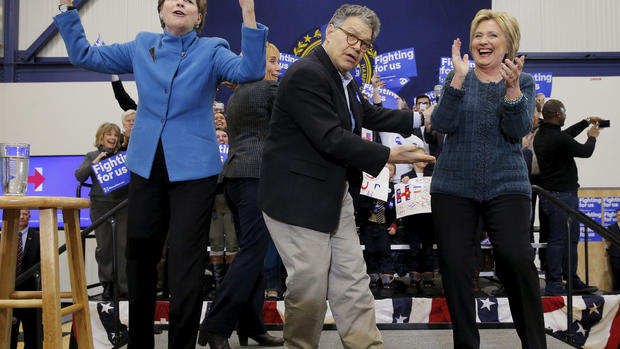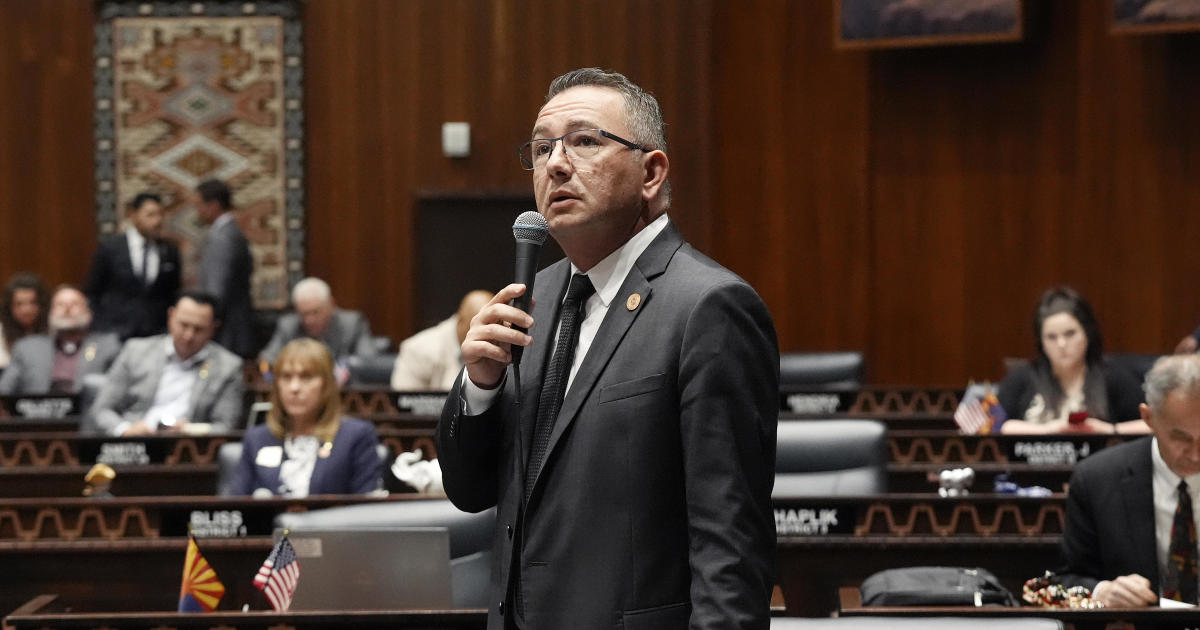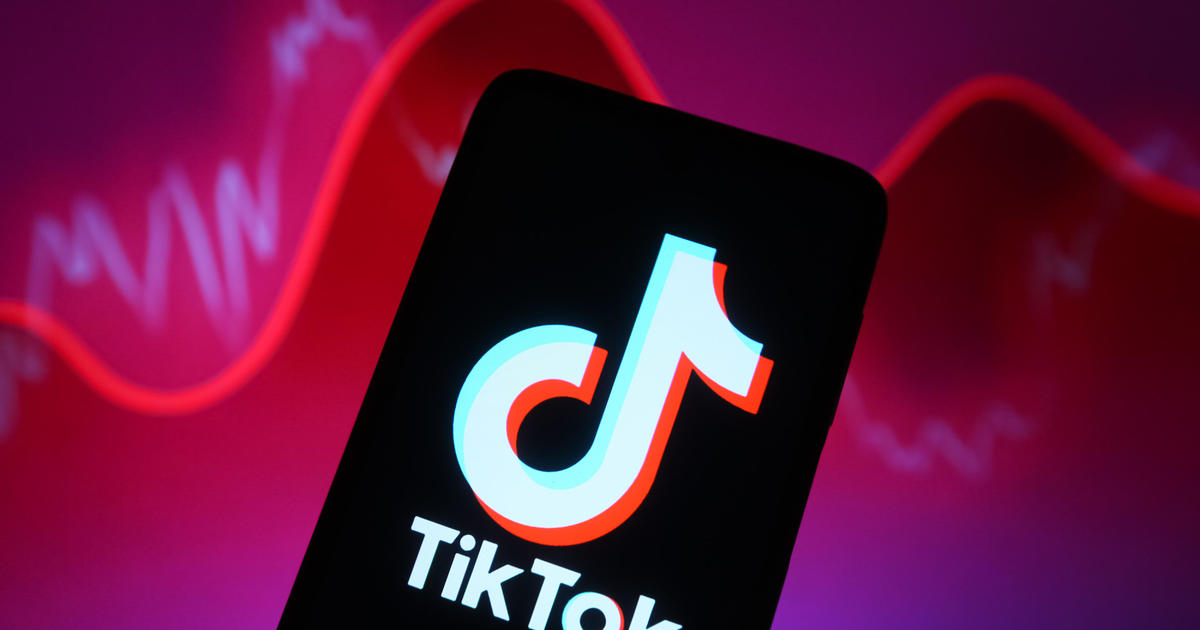Bernie Sanders wins New Hampshire Democratic primary
Sen. Bernie Sanders is the winner of the New Hampshire Democratic primary, easily prevailing over Hillary Clinton in the first-in-the-nation primary. Polls closed at 8 p.m. ET across the Granite State, and by 10:40 p.m. ET, with 64 percent of precincts reporting, Sanders was leading Clinton, 60 percent to 39 percent.
Sanders told his supporters in New Hampshire Tuesday night that they had started "nothing short of a revolution," and he promised to bring the nation together.
"The government of our great nation belongs to all of us, not just a few wealthy campaign contributors," he said to cheers. "That is what this campaign is about, that is what the political revolution is about."
Clinton quickly called the senator from Vermont to congratulate him, according to Clinton spokeswoman Jennifer Palmieri. The victory for Sanders comes about a week and a half after Clinton won the Iowa caucuses by a razor-thin margin. As soon as the polls closed in the Granite State, the Clinton campaign released a memo looking ahead to the March primaries, noting that the first four nominating contests account for just 4 percent of the delegates needed to secure the Democratic nomination.
CBS News exit polling shows that Democratic primary voters in New Hampshire value honesty over all other candidate qualities. While 47 percent said they consider Clinton honest and trustworthy, as many as 88 percent said so about Sanders.
- Hillary Clinton's campaign looks beyond New Hampshire defeat
- Live New Hampshire primary results
- Live Republican New Hampshire primary results
- Live Democratic New Hampshire primary results
As many as 33 percent surveyed consider honesty the most important quality, and nine out of 10 of those voters said they cast a ballot for Sanders. Another 27 percent of voters said having the right experience is most important, while 26 percent said they value a candidate who "cares about people like me." Twelve percent said they're mainly looking for a candidate who can win in November.
About 39 percent of the Democratic primary voters were registered as Independents (compared to 44 percent in 2008), exit polling shows. Of those, 72 percent supported Sanders.
Nearly seven in 10 Democratic voters identify as liberal. Only 56 percent of New Hampshire primary voters in 2008 identifies as liberal. Those voters are supporting Sanders over Clinton, 59 percent to 40 percent. Back in 2008, Clinton and Obama were pretty evenly split among liberal voters with 39 percent and 38 percent respectively. About a quarter (27 percent) of New Hampshire Democrats identify as moderates and support Sanders with 56 percent of the vote.
Sanders led with both men (65 percent) and women (53 percent). Younger women (18-29 years of age) support Sanders (82 percent) while women over 45 years of age support Clinton (56 percent). Overall, (85 percent) of young voters (18-29 year olds) support Sanders. He had similar support among young people in Iowa. Older adults (65+ years of age) are supporting Clinton (59 percent).
There has been a lot of discussion around when voters are making their choice about whom to vote. On the Democratic side, most made up their minds a while ago; only 24 percent made their decision within the last few days. More than three quarters made up their minds before that. Among all of these groups, Sanders wins the majority.
On issues, the economy and jobs (at 33 percent) and income inequality (31 percent) are the most important to Democratic primary voters. Twenty-four percent of Democratic voters care most about health care, while 10 percent named terrorism as the most important issue.
Meanwhile, as many as 69 percent of New Hampshire's Democratic primary voters say the next president should have political experience. Just 26 percent say the next president should be someone from outside political establishment.
Forty percent of Democratic primary voters would like the next president to continue President Obama's policies, while about 41 percent would to see a change to more liberal policies.





